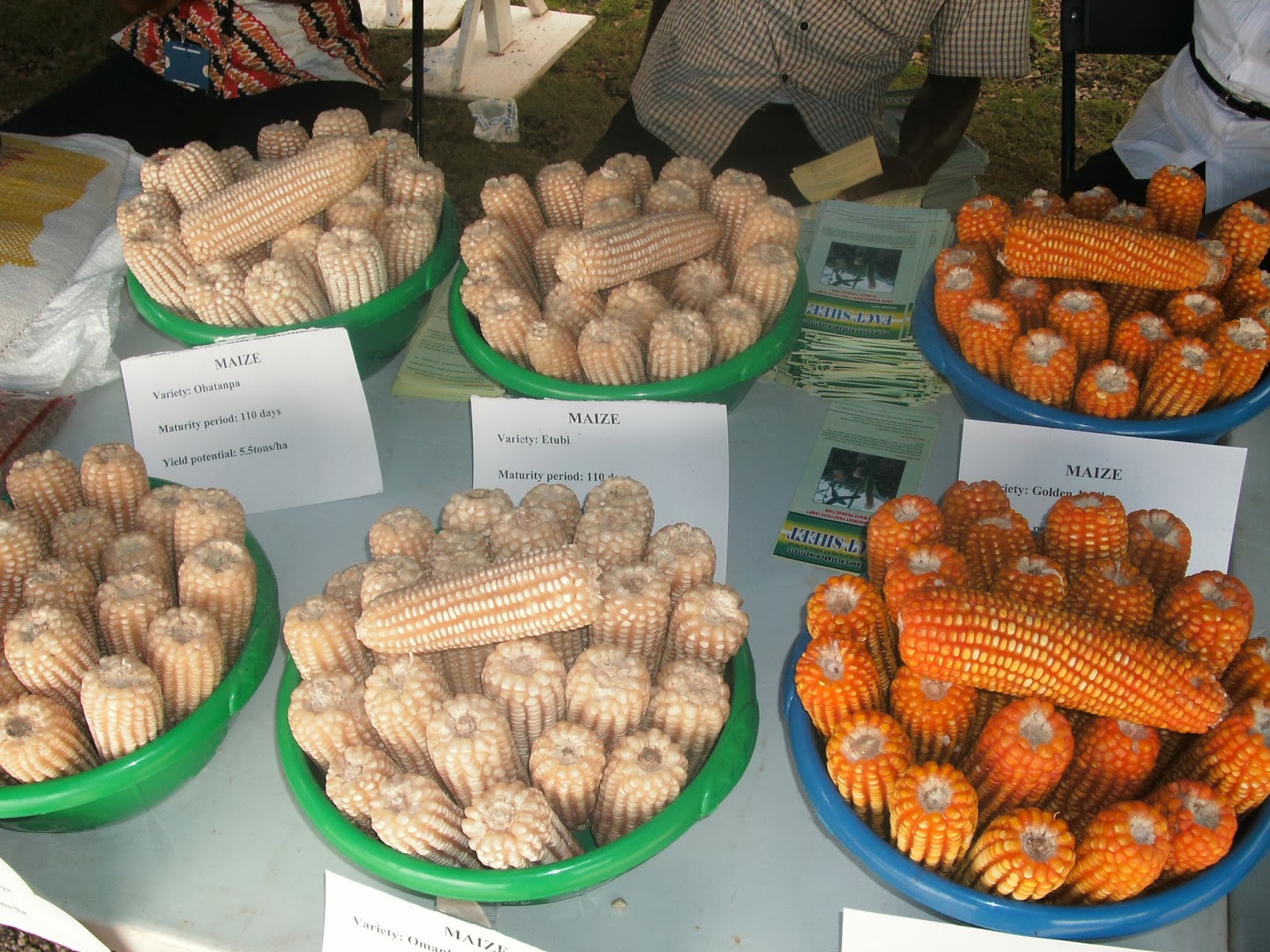 Key
partners working under the Support for Agricultural Research and Development
for Strategic Crops (SARD-SC) in Africa have been assessing Ghana’s commitment
to provide counterpart funding to benefit from the project.
Key
partners working under the Support for Agricultural Research and Development
for Strategic Crops (SARD-SC) in Africa have been assessing Ghana’s commitment
to provide counterpart funding to benefit from the project.
The
$63 million project focuses on four commodities – rice, wheat, maize and
cassava – identified by African Heads of States as key to making impact on farmer
livelihoods.
The
five years project took off in January 2013, with funding from the African
Development Bank (AfDB) to improve food security and lift the income levels of
farmer in Africa.
Governments
of the 20 beneficiary African countries, including Ghana, are expected to
provide counterpart funding – including land, office space, and laboratories –
as conditions to access the support.
 Ghana
has interest in maize and rice identified as critical cereals crops needed to increase
productivity.
Ghana
has interest in maize and rice identified as critical cereals crops needed to increase
productivity.
“We’ve
been communicating with colleagues and they have indicated to us the involvement
of the government in terms of infrastructure and personnel; but we need to
document it to show the bank funding it that Ghana is meeting its commitment,”
said Project Coordinator, Dr. Chrysantus Akem.
The
SARD-SC is a research, science, and technology development initiative, which offers farmers better
access to markets, improve livelihoods, and tackle poverty through enhanced
capacities of beneficiaries to sustainable development in the region.
 “We
really believe that if that grandmother is growing maize and the yields are
very low, through this project we can introduce new varieties that can double
of even triple yields of those maize, we’ll make a difference,” noted Dr. Akem
of the International Institute of Tropical Agriculture (IITA).
“We
really believe that if that grandmother is growing maize and the yields are
very low, through this project we can introduce new varieties that can double
of even triple yields of those maize, we’ll make a difference,” noted Dr. Akem
of the International Institute of Tropical Agriculture (IITA).
The
target of the project is to raise productivity by 20% in the four commodity
areas.
Story by Kofi Adu Domfeh





No comments:
Post a Comment